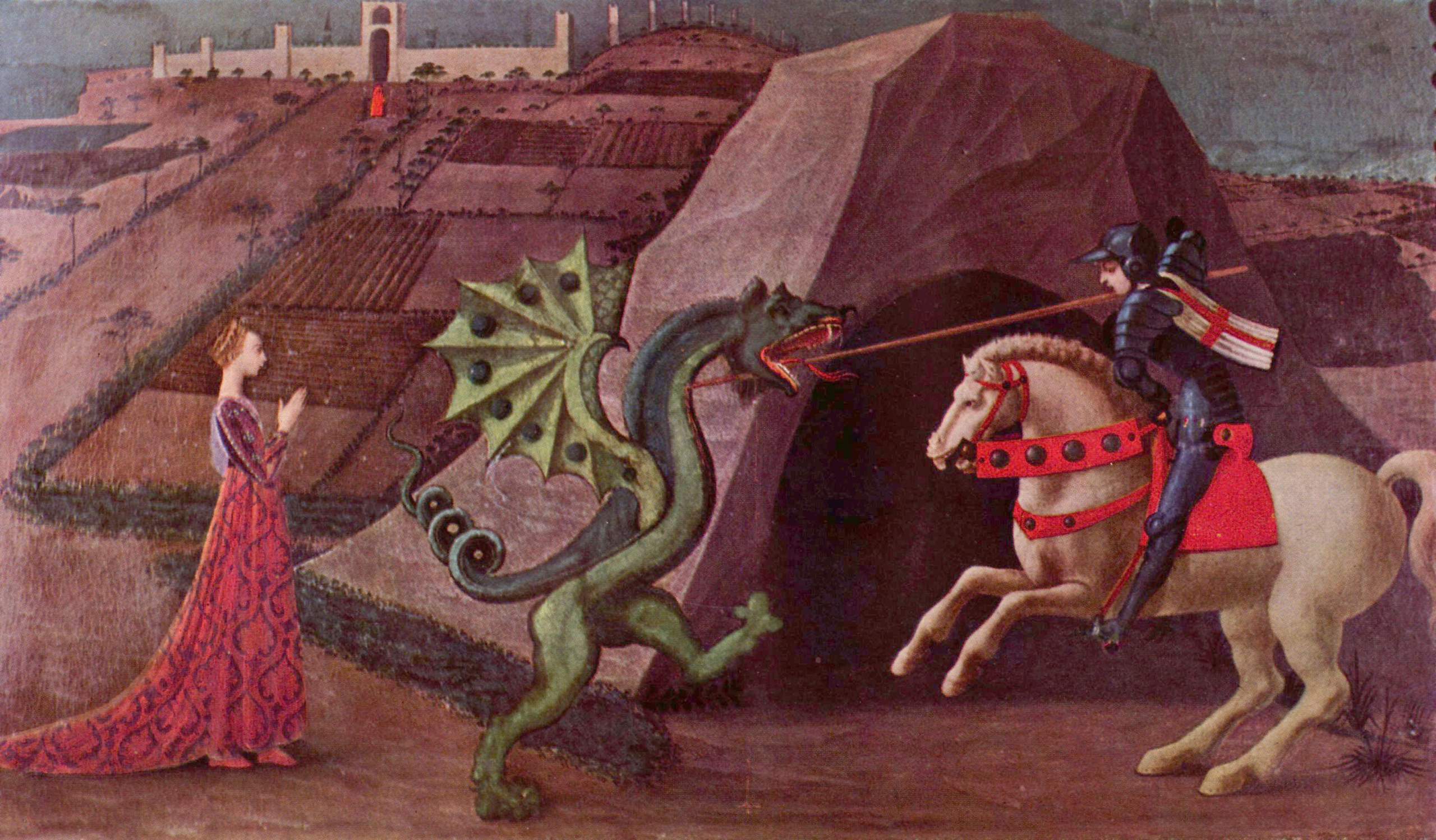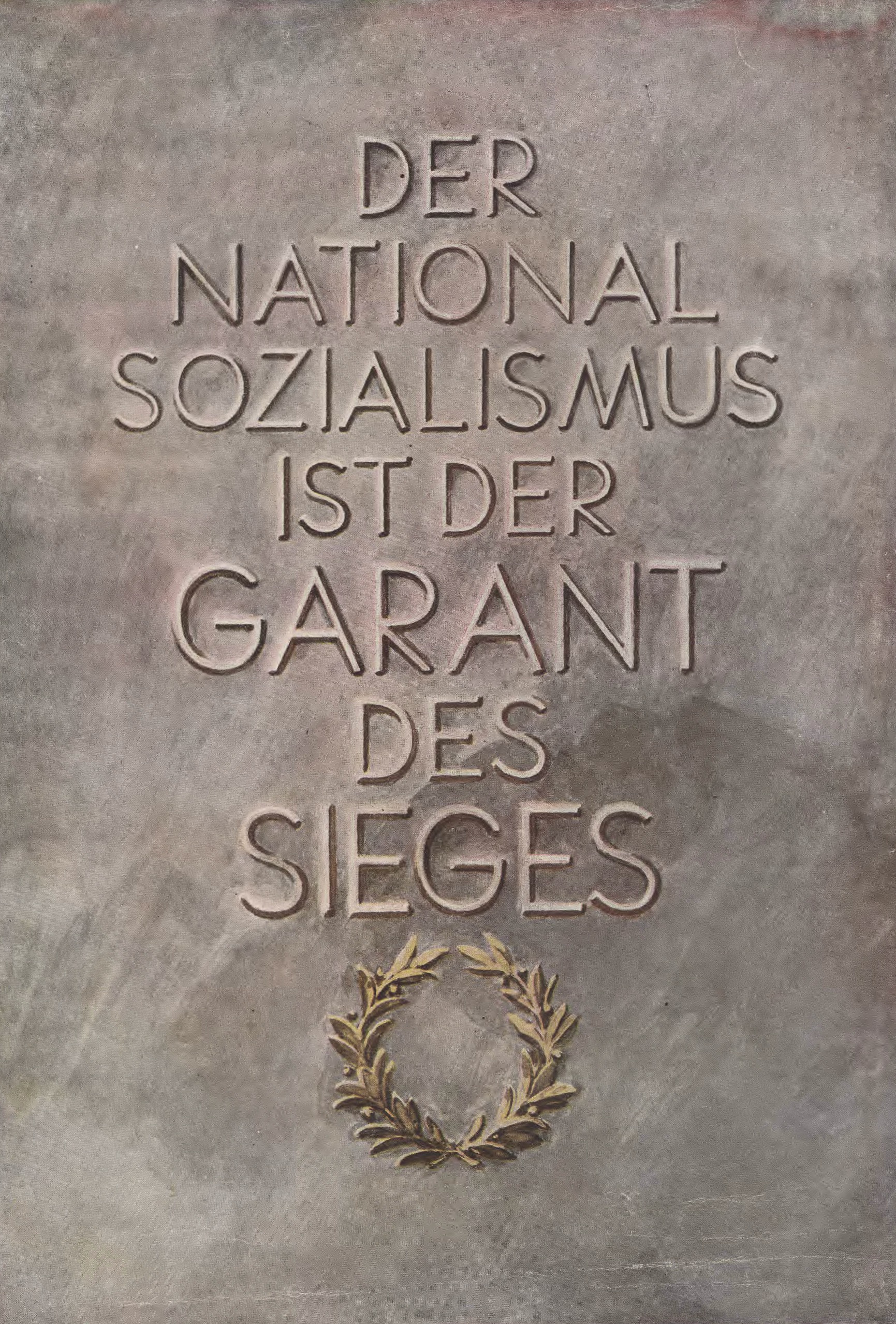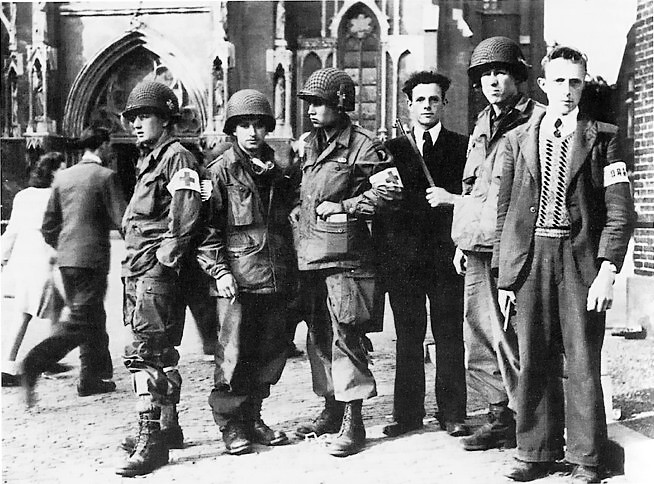|
Swastika Night
''Swastika Night'' is a futuristic novel by British writer Katharine Burdekin, writing under the pseudonym Murray Constantine. First published in 1937 and subsequently as a Left Book Club selection in 1940, the novel depicts a world where Adolf Hitler's claim that Nazism would create a "Thousand Year Reich" is realised. Forgotten for many years, until republication in the 1980s, literary historian Andy Croft has described ''Swastika Night'' as "the most original of all the many anti-fascist dystopias of the late 1930s." Plot synopsis ''Swastika Night'' takes place in a world where the Nazis and Empire of Japan defeated their enemies and conquered the world (from a modern perspective, the novel is an alternate history in which the Nazis won World War II, though at the time of its writing the war had not broken out and it was a work of speculative future fiction.) It follows the protagonist Alfred, an Englishman in his 30s who works as a ground mechanic for the German Empire in th ... [...More Info...] [...Related Items...] OR: [Wikipedia] [Google] [Baidu] |
Katharine Burdekin
Katharine Burdekin (23 July 1896 – 10 August 1963) (born Katharine Penelope Cade) was a British novelist who wrote speculative fiction concerned with social and spiritual matters.John Clute, "Burdekin, Katherine P(enelope)" in The Encyclopedia of Science Fiction, edited by John Clute and Peter Nicholls (writer), Peter Nicholls. London, Orbit,1994. (p.175). She was the younger sister of Rowena Cade, creator of the Minack Theatre in Cornwall. Several of her novels could be categorised as feminist Utopian and dystopian fiction, utopian/dystopian fiction. She also wrote under the name Kay Burdekin and under the pseudonym Murray Constantine. Daphne Patai unraveled "Murray Constantine's" true identity while doing research on utopian and dystopian fiction in the mid-1980s. Early life Katharine Burdekin was born in Spondon, Derbyshire in 1896, the youngest of four children of Charles Cade. Her family had lived in Derby for many years and Joseph Wright of Derby was one of her ancest ... [...More Info...] [...Related Items...] OR: [Wikipedia] [Google] [Baidu] |
Murray Constantine
Katharine Burdekin (23 July 1896 – 10 August 1963) (born Katharine Penelope Cade) was a British novelist who wrote speculative fiction concerned with social and spiritual matters.John Clute, "Burdekin, Katherine P(enelope)" in The Encyclopedia of Science Fiction, edited by John Clute and Peter Nicholls. London, Orbit,1994. (p.175). She was the younger sister of Rowena Cade, creator of the Minack Theatre in Cornwall. Several of her novels could be categorised as feminist utopian/dystopian fiction. She also wrote under the name Kay Burdekin and under the pseudonym Murray Constantine. Daphne Patai unraveled "Murray Constantine's" true identity while doing research on utopian and dystopian fiction in the mid-1980s. Early life Katharine Burdekin was born in Spondon, Derbyshire in 1896, the youngest of four children of Charles Cade. Her family had lived in Derby for many years and Joseph Wright of Derby was one of her ancestors. She was educated by a governess at their home, T ... [...More Info...] [...Related Items...] OR: [Wikipedia] [Google] [Baidu] |
WikiProject Novels
A WikiProject, or Wikiproject, is a Wikimedia movement affinity group for contributors with shared goals. WikiProjects are prevalent within the largest wiki, Wikipedia, and exist to varying degrees within sister projects such as Wiktionary, Wikiquote, Wikidata, and Wikisource. They also exist in different languages, and translation of articles is a form of their collaboration. During the COVID-19 pandemic, CBS News noted the role of Wikipedia's WikiProject Medicine in maintaining the accuracy of articles related to the disease. Another WikiProject that has drawn attention is WikiProject Women Scientists, which was profiled by '' Smithsonian'' for its efforts to improve coverage of women scientists which the profile noted had "helped increase the number of female scientists on Wikipedia from around 1,600 to over 5,000". On Wikipedia Some Wikipedia WikiProjects are substantial enough to engage in cooperative activities with outside organizations relevant to the field at issue. For e ... [...More Info...] [...Related Items...] OR: [Wikipedia] [Google] [Baidu] |
Moscow
Moscow ( , US chiefly ; rus, links=no, Москва, r=Moskva, p=mɐskˈva, a=Москва.ogg) is the capital and largest city of Russia. The city stands on the Moskva River in Central Russia, with a population estimated at 13.0 million residents within the city limits, over 17 million residents in the urban area, and over 21.5 million residents in the metropolitan area. The city covers an area of , while the urban area covers , and the metropolitan area covers over . Moscow is among the world's largest cities; being the most populous city entirely in Europe, the largest urban and metropolitan area in Europe, and the largest city by land area on the European continent. First documented in 1147, Moscow grew to become a prosperous and powerful city that served as the capital of the Grand Duchy that bears its name. When the Grand Duchy of Moscow evolved into the Tsardom of Russia, Moscow remained the political and economic center for most of the Tsardom's history. When th ... [...More Info...] [...Related Items...] OR: [Wikipedia] [Google] [Baidu] |
Anti-fascist Books
Anti-fascism is a political movement in opposition to fascist ideologies, groups and individuals. Beginning in European countries in the 1920s, it was at its most significant shortly before and during World War II, where the Axis powers were opposed by many countries forming the Allies of World War II and dozens of resistance movements worldwide. Anti-fascism has been an element of movements across the political spectrum and holding many different political positions such as anarchism, communism, pacifism, republicanism, social democracy, socialism and syndicalism as well as centrist, conservative, liberal and nationalist viewpoints. Fascism, a far-right ultra-nationalistic ideology best known for its use by the Italian Fascists and the Nazis, became prominent beginning in the 1910s while organization against fascism began around 1920. Fascism became the state ideology of Italy in 1922 and of Germany in 1933, spurring a large increase in anti-fascist action, including German ... [...More Info...] [...Related Items...] OR: [Wikipedia] [Google] [Baidu] |
1937 Science Fiction Novels
Events January * January 1 – Anastasio Somoza García becomes President of Nicaragua. * January 5 – Water levels begin to rise in the Ohio River in the United States, leading to the Ohio River flood of 1937, which continues into February, leaving 1 million people homeless and 385 people dead. * January 15 – Spanish Civil War: Second Battle of the Corunna Road ends inconclusively. * January 20 – Second inauguration of Franklin D. Roosevelt: Franklin D. Roosevelt is sworn in for a second term as President of the United States. This is the first time that the United States presidential inauguration occurs on this date; the change is due to the ratification in 1933 of the Twentieth Amendment to the United States Constitution. * January 23 – Moscow Trials: Trial of the Anti-Soviet Trotskyist Center – In the Soviet Union 17 leading Communists go on trial, accused of participating in a plot led by Leon Trotsky to overthrow Joseph Stalin's regime, and assassinate ... [...More Info...] [...Related Items...] OR: [Wikipedia] [Google] [Baidu] |
1937 British Novels
Events January * January 1 – Anastasio Somoza García becomes President of Nicaragua. * January 5 – Water levels begin to rise in the Ohio River in the United States, leading to the Ohio River flood of 1937, which continues into February, leaving 1 million people homeless and 385 people dead. * January 15 – Spanish Civil War: Second Battle of the Corunna Road ends inconclusively. * January 20 – Second inauguration of Franklin D. Roosevelt: Franklin D. Roosevelt is sworn in for a second term as President of the United States. This is the first time that the United States presidential inauguration occurs on this date; the change is due to the ratification in 1933 of the Twentieth Amendment to the United States Constitution. * January 23 – Moscow Trials: Trial of the Anti-Soviet Trotskyist Center – In the Soviet Union 17 leading Communists go on trial, accused of participating in a plot led by Leon Trotsky to overthrow Joseph Stalin's regime, and assassinate ... [...More Info...] [...Related Items...] OR: [Wikipedia] [Google] [Baidu] |
Sex And Sexuality In Speculative Fiction
Sexual themes are frequently used in science fiction or related genres. Such elements may include depictions of realistic sexual interactions in a science fictional setting, a protagonist with an alternative sexuality, a sexual encounter between a human and a fictional extraterrestrial, or exploration of the varieties of sexual experience that deviate from the conventional. Science fiction and fantasy have sometimes been more constrained than non-genre narrative forms in their depictions of sexuality and gender. However, speculative fiction (SF) and soft science fiction also offers the freedom to imagine alien or galactic societies different from real-life cultures, making it a tool to examine sexual bias, heteronormativity, and gender bias and enabling the reader to reconsider their cultural assumptions. Prior to the 1960s, explicit sexuality of any kind was not characteristic of genre speculative fiction due to the relatively high number of minors in the target audience. I ... [...More Info...] [...Related Items...] OR: [Wikipedia] [Google] [Baidu] |
Gender In Speculative Fiction
Gender has been an important theme explored in speculative fiction. The genres that make up speculative fiction (SF), science fiction, fantasy, supernatural fiction, horror, superhero fiction, science fantasy and related genres (utopian and dystopian fiction), have always offered the opportunity for writers to explore social conventions, including gender, gender roles, and beliefs about gender. Like all literary forms, the science fiction genre reflects the popular perceptions of the eras in which individual creators were writing; and those creators' responses to gender stereotypes and gender roles. Many writers have chosen to write with little or no questioning of gender roles, instead effectively reflecting their own cultural gender roles onto their fictional world. However, many other writers have chosen to use science fiction and non-realistic formats in order to explore cultural conventions, particularly gender roles. This article discusses works that have explored or expa ... [...More Info...] [...Related Items...] OR: [Wikipedia] [Google] [Baidu] |
Esoteric Nazism
Esoteric Nazism, also known as Esoteric Fascism, refers to a range of mystical interpretations and adaptations of Nazism. After the Second World War, esoteric interpretations of the Third Reich were adapted into new religious movements of white nationalism and neo-Nazism. They included beliefs in finding a mythical Hyperborea. Notable adherents Savitri Devi French-born Greek-English writer Savitri Devi was the first major post-war exponent of what has since become known as Esoteric Hitlerism. According to that ideology, subsequent to the fall of the Third Reich and Hitler's suicide at the end of the war, Hitler himself could be Imperial cult, deified. Devi connected Hitler's Aryanism, Aryanist ideology to that of the pan-Hindu part of the Indian independence movement, and activists such as Subhas Chandra Bose. For her, the swastika was an especially important symbol, as she felt it symbolized Aryan unity of Hindus and Germans. Savitri Devi, above all, was interested in the India ... [...More Info...] [...Related Items...] OR: [Wikipedia] [Google] [Baidu] |
Hypothetical Axis Victory In World War II
A hypothetical military victory of the Axis powers over the Allies of World War II (1939–1945) is a common topic in speculative literature. Works of alternative history (fiction) and of counterfactual history (non-fiction), including stories, novels, and plays, often explore speculative public and private life in lands conquered by the coalition, whose principal powers were Nazi Germany, Imperial Japan, and Fascist Italy. The first work to inspire the genre was ''Swastika Night'' (1937), by Katherine Burdekin, a British novel published before Nazi Germany launched the Second World War in 1939. Later novels of alternative history include'' The Man in the High Castle'' (1962) by Philip K. Dick, ''SS-GB'' (1978) by Len Deighton, and '' Fatherland'' (1992) by Robert Harris. The stories deal with the politics, culture, and personalities who would have allowed the fascist victories against democracy, and with the psychology of daily life in totalitarian societies. The novels pr ... [...More Info...] [...Related Items...] OR: [Wikipedia] [Google] [Baidu] |
Anti-fascism
Anti-fascism is a political movement in opposition to fascist ideologies, groups and individuals. Beginning in European countries in the 1920s, it was at its most significant shortly before and during World War II, where the Axis powers were opposed by many countries forming the Allies of World War II and dozens of resistance movements worldwide. Anti-fascism has been an element of movements across the political spectrum and holding many different political positions such as anarchism, communism, pacifism, republicanism, social democracy, socialism and syndicalism as well as centrist, conservative, liberal and nationalist viewpoints. Fascism, a far-right ultra-nationalistic ideology best known for its use by the Italian Fascists and the Nazis, became prominent beginning in the 1910s while organization against fascism began around 1920. Fascism became the state ideology of Italy in 1922 and of Germany in 1933, spurring a large increase in anti-fascist action, including Germa ... [...More Info...] [...Related Items...] OR: [Wikipedia] [Google] [Baidu] |






